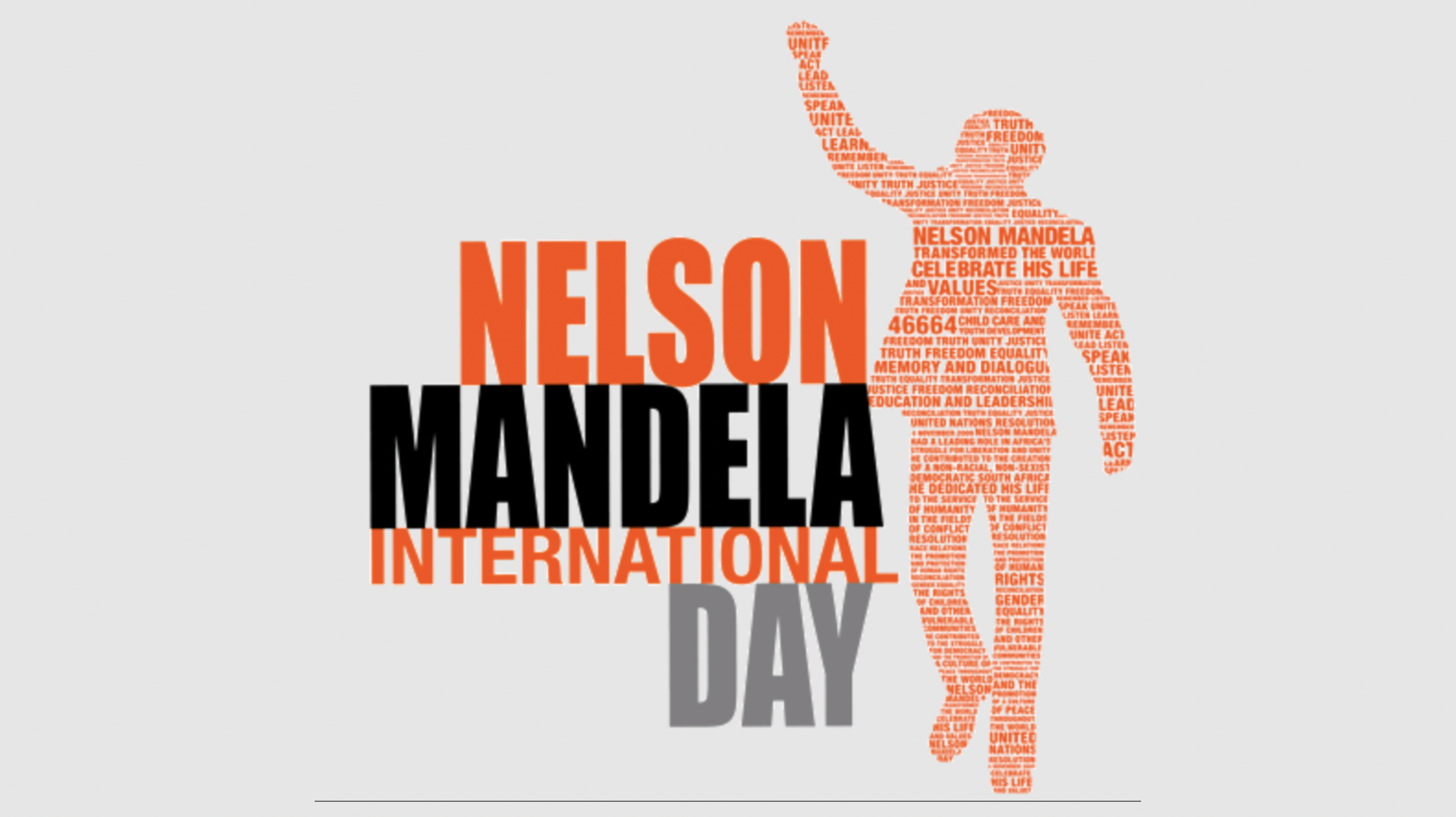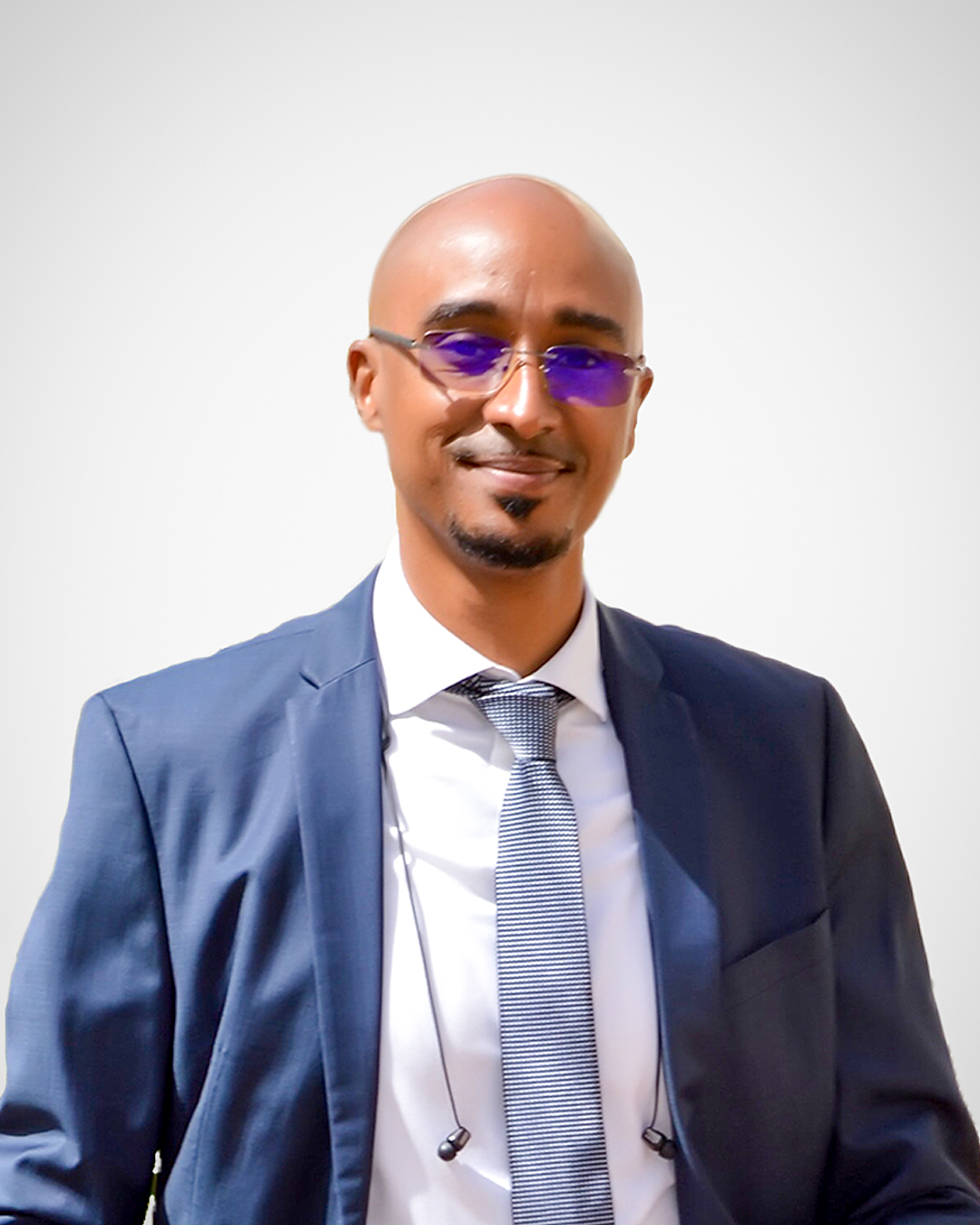Preserving Mandela’s Legacy: The Nelson Mandela School and ScaleChanger lasting collaboration for the African Leadership Development

Nelson Mandela International Day (or Mandela Day) is an annual international day in honour of Nelson Mandela, celebrated each year on 18 July. It aims to promote the ideals and values embodied by Nelson Mandela throughout his life, namely the promotion of human rights, racial equality, social justice, national reconciliation, the fight against poverty and inequality, and human dignity.
Part of the legacy of Nelson Mandela now lies in the hands of the Nelson Mandela School of Public Governance at the University of Cape Town, which strives to preserve and develop what Nelson Mandela and other great African leaders have achieved. Also known as “The Nelson Mandela School”, the institution was established at the University of Cape Town in 2011, as the Graduate School of Development Policy and Practice. It was renamed as the Nelson Mandela School on 5 July 2018. Since its inception, the Nelson Mandela School has been developing programmes and initiatives that foster peer networks and links between government leaders and other organisations such as universities, businesses, civil society, etc.
In 2016, ScaleChanger had the opportunity to collaborate with the Nelson Mandela School as part of a programme run by the French Agency for Development (AFD) and coordinated by the Dakar Management Institute (ISM), Sciences Po Executive Education and the Nelson Mandela School. “LeAD Campus – Leaders for tomorrow’s Africa” programme provides high-potentials with all the keys they need to develop their leadership, their vision and their business. For four consecutive years, from 2016 to 2019, this capacity-building programme has trained and transformed the careers of more than 100 African professionals.
LeAD Campus has left a strong impression on the participants of the four cohorts.
Djiby Diagne, a participant in the 2016 edition and now Deputy Director General within the Senegal Delivery Unit (Presidential Office), shares about the positive and transformative impacts of the programme, seven years on.
Thanks to the LeAD Campus experience, Djiby was able to bring his entrepreneurial project to fruition: Casamango, a company whose mission was to meet the need to connect mango smallholder farmers in Casamance to the national and international markets. He brilliantly ran this social enterprise for over three years (contract farming system established with 1 485 farmers with capacity building programs, 619 tons of fruits commercialized, several awards’ winner) but the pandemic in 2020 forced him to stop all activities. Djiby learned so much from this experience as an entrepreneur, but the impact of LeAD Campus didn’t stop there. Djiby still talks about the programme with a lot of passion and emotion:

“Thanks to LeAD Campus, I have developed my professional skills and disseminated the lessons and tools learned during the programme to my own teams. I also called on one of my cohort fellows, Roland Kyedrebeogo, Founder and Managing Director of ILLIMITIS, to run team-building seminars on several occasions. Strong relationships were formed during the six-month programme, and a WhatsApp group is still very alive after seven years!
Finally, some of the experts and instructors met during the programme left a lasting impression on me, and I did not hesitate to reconnect with them afterwards for professional purposes”.
ScaleChanger and the Nelson Mandela School have had a close relationship over the past seven years, with Isabelle Hoyaux now holding the position of Adjunct Fellow Associate at the School.
